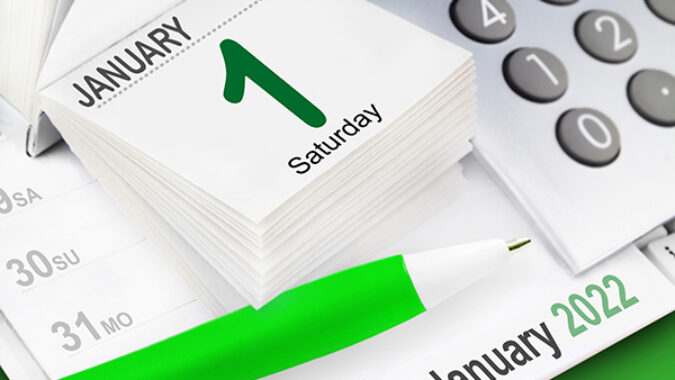The statewide minimum wage in New Jersey will increase by $1 to $13 per hour for most employees, effective Jan. 1, 2022.
The increase is part of legislation signed by Gov. Phil Murphy in February 2019 that gradually raises the minimum wage to $15 per hour by 2024 for most employees.
Under the law, seasonal and small employers were given until 2026 to reach $15 per hour to lessen the impact on their businesses. The minimum hourly wage for these employees will increase to $11.90/hour on Jan. 1, up from $11.10.
Tipped workers will also see their minimum cash wage rise by $1 to $5.13/hour, with employers able to claim a $7.87 tip credit. If the minimum cash wage plus an employee’s tips do not equal at least the state minimum wage, then the employer must pay the employee the difference.
Agricultural workers are guided by a separate minimum wage timetable and were given until 2027 to reach the $15 per hour minimum wage. Employees who work on a farm for an hourly or piece-rate wage will see their minimum hourly wage increase to $11.05, up from $10.44. Additionally, long-term care facility direct care staff will see their minimum wage rise by $1, to $16 per hour.
NJBIA President & CEO Michele Siekerka said that while many employers have already increased wages because of the ongoing labor shortage, the businesses that are struggling the most due to the pandemic will find paying higher wages difficult.
“For some businesses with very small profit margins – or no profits at all right now – the extra dollar per hour could indeed prove to be an added challenge, especially if they are now paying increased costs for supplies and shipping,” Siekerka said.
New Jersey is one of 21 states raising its minimum wage at the start of the new year and several others will implement increases later in 2022. The national minimum wage remains at $7.25 per hour, but state wage laws supersede the federal minimum wage whenever a state’s minimum wage is higher.
The state Department of Labor and Workforce Development (NJDOL) sets the minimum wage for the coming year using either the rate specified by the New Jersey law, or a calculation based on the Consumer Price Index (CPI), whichever is higher. Once the minimum wage reaches $15 per hour, the state Constitution specifies that it continues to increase annually based on any increase in the Consumer Price Index.
For more information on the state minimum wage, go to NJDOL’s website here.




